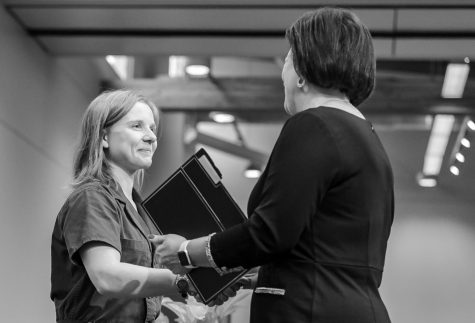Timeline of sexuality and Christianity at SPU
Look to the past and face the future through lens of Falcon articles
February 22, 2023
Seattle Pacific University has been home to incredible intellectual and cultural growth since 1891. The Falcon, SPU’s student-run newspaper, has been recording the individuals, clubs, leaders and general campus happenings for much of that time. Here, you can find the biggest headlines — and their background — as we look backward, forward and inward at SPU’s history.
In 1968, a February edition of The Falcon sported three headlines back-to-back: “Campuses need understanding,” “Sex: A Developmental Process” and “Are Christians Neurotic About Sex?” All three articles focused on the nature of sex and love on a Christian college campus and largely came to the conclusion that outside heterosexual marriage, sex was unnecessary and damaging.
In a different February 1968 edition, a piece titled “Christianity Digressed From Basic Roles” argued that then-modern conservative Christians were not truly Christian at heart or in their ideals. Conflict within Christian culture has been around at SPU for quite some time – whether about the role of religion in the world or the role of sex in Christianity.
Jump three decades ahead and headlines largely reflect similar conversations. That is, conversations surrounding Christianity and sex. A January edition from 1990, titled “How to Win the Culture War,” relates the presentation of a visiting professor, focusing on how Christians can succeed in the battle against greed, selfishness and AIDS in their broken society.
An April print of The Falcon from 1996 documents just how similar past Falcons’ concerns were to current Falcons’ concerns, splashing two headlines side by side: “Inclusive Bible alters meaning of God’s word” and “Campus parking needs improving.”
Looking back at SPU’s history can feel awfully like looking in a present-day mirror. The Falcon, from October 1995 (“Who’s Next?”) to February 1996, documented an SPU presidential search (“Nation-wide search for ninth SPU president leads home to Eaton”). SPU has just wrapped up yet another presidential search: Dr. Deana Porterfield is the announced pick this time around.
From here on out, The Falcon’s lens on sexuality slowly begins to shift away from general issues like sex or dancing – highlighted by a headline from April 1993, “Free Methodist stance against dancing remains,” – and steers toward the specific controversy of homosexuality and its intersection with Christianity. A 1997 edition displays two differing opinions in the growing discussion around LBTQIA+ issues: “SPU’s anti-homosexual attitude is not biblical” and “SPU’s response to gays must be Christian.”
The 1990s also saw an increase in argument among the SPU community concerning the role of Free Methodism in the university. From a necessary quota of students to the statement of faith required by board members, this controversy was covered in both news and opinion pieces. Headlines like “Future of SPU should be rooted in Wesleyan heritage” and “Should SPU weaken church ties?” scattered the pages of 1990s Falcon editions. This conversation is not only familiar but blatantly present on today’s campus.
As SPU entered the 2000s, the issue of sexuality came to a head. The Equality Riders were a group of queer, college-age Christian people who visited universities all over the United States to speak on LGBTQIA+ issues in America, especially at Christian colleges. In 2007, SPU prepared to welcome the Riders with preparatory panels in which President Eaton, students and faculty discussed in an article from April 2007, “Gay activists coming to SPU.”
William Purcell, chair of communication and journalism at SPU, has been at the university since 1995 and clearly remembers the Equality Riders’ visit.
“They all sat in the atrium of the Student Union Building. One of the RAs brought a tray of cupcakes down,” Purcell said. “I recall vividly this one student chatting with a Rider, looking at their piercings, just talking, making conversation.”
The Equality Riders’ stop at SPU forever changed the university’s history concerning sexuality. Within two weeks, students had committed to start their own affirming organization, the Gay-Straight Alliance. However, days after formation, their official club status was revoked. In October 2007, The Falcon reported “New ‘Haven’ for discussion.” The club, with a new name – Haven – and a new constitution, tried a second attempt at ASSP approval.
The Falcon’s coverage of sexuality-related news focused almost exclusively on Haven’s teetering club status over the next four years. Headlines like “Waiting for club status once again,” “Status granted, revoked, now deferred” and “Haven no longer to meet on campus” demonstrate the ups and downs this hopeful club rode through their preliminary years.
This denial of status began a tradition at SPU: the Days of Silence. In April of 2008, 2009, 2010 and 2011, the Falcon covered the silent protest of students in Martin Square, often with duct tape over their mouths to represent the silence they felt was imposed on LGBTQIA+ students at SPU – “Rallying support after status denied,” “SPU becomes silent,” “Mixed emotions on Day of Silence” are examples of these April headlines.
Hoping to make a final push for Haven’s legitimization as a club, a group of faculty organized a discussion with Haven leadership along with published letters in their favor, as recorded in an article from Feb. 2011,“Faculty call for open dialogue.” These included Kevin Neuhouser, Christine Chaney, William Purcell and more past and present faculty members.
On March 2, 2011, the Falcon’s front page read “Haven officially recognized” under a picture of the Haven leaders announcing to their club their official ASSP status and right to meet on campus. After years of struggle, Haven became a functioning organization focused on the affirmation of LGBTQIA+ students at Seattle Pacific University and still exists today on campus.
As campus history moves forward in terms of the relationship between the Free Methodist Church and SPU, between new and old presidents, between Christianity and homosexuality, and quite frankly, between The Falcon and it all, the past becomes ever more important and ever more interconnected with the future.

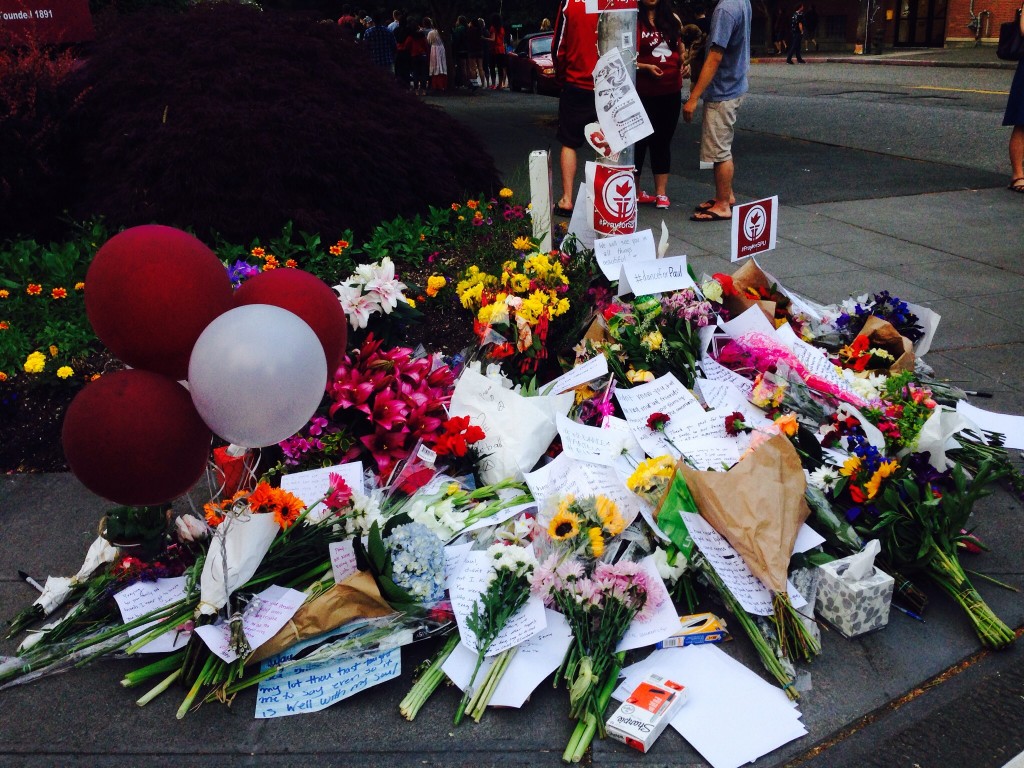

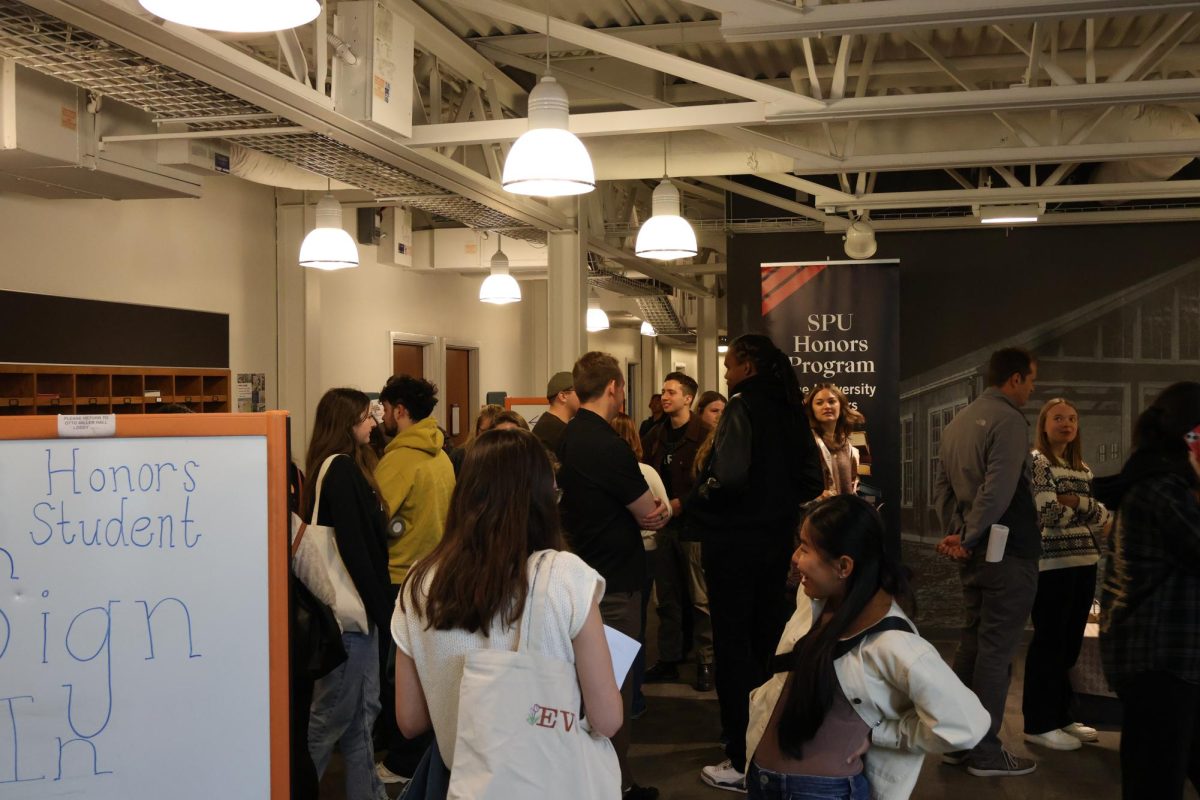
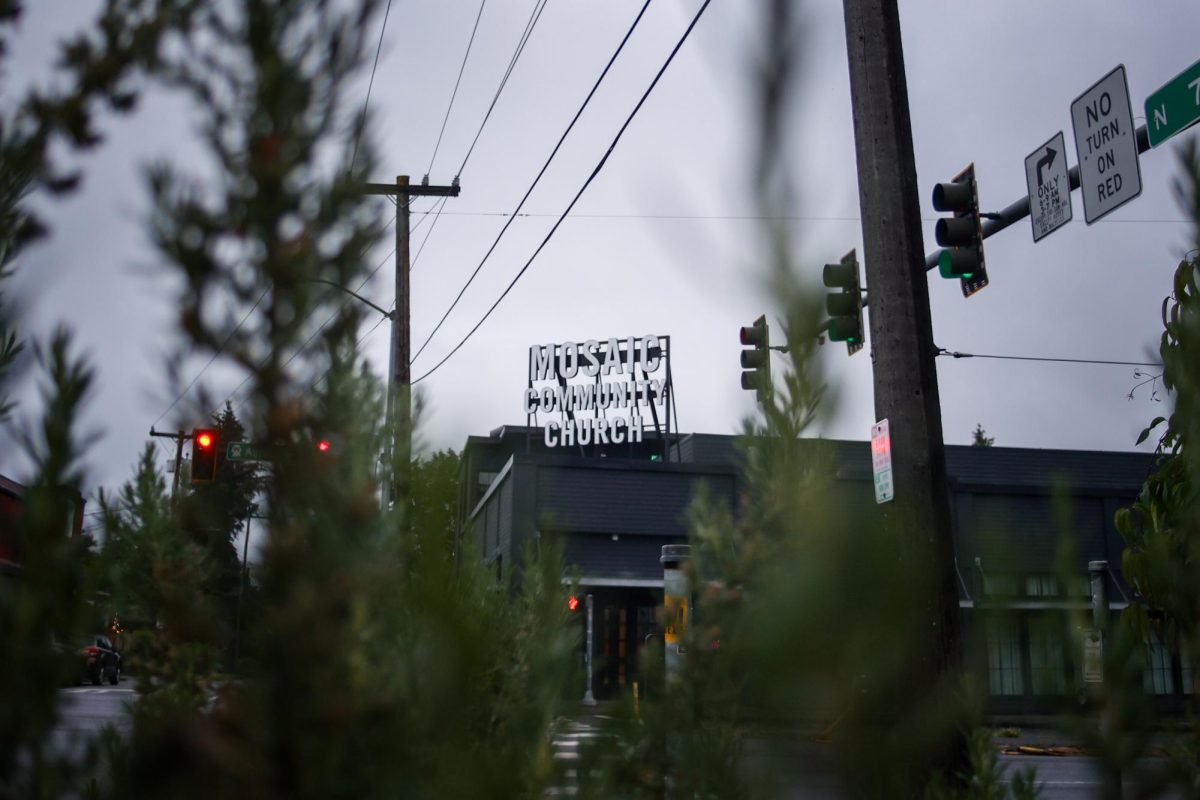
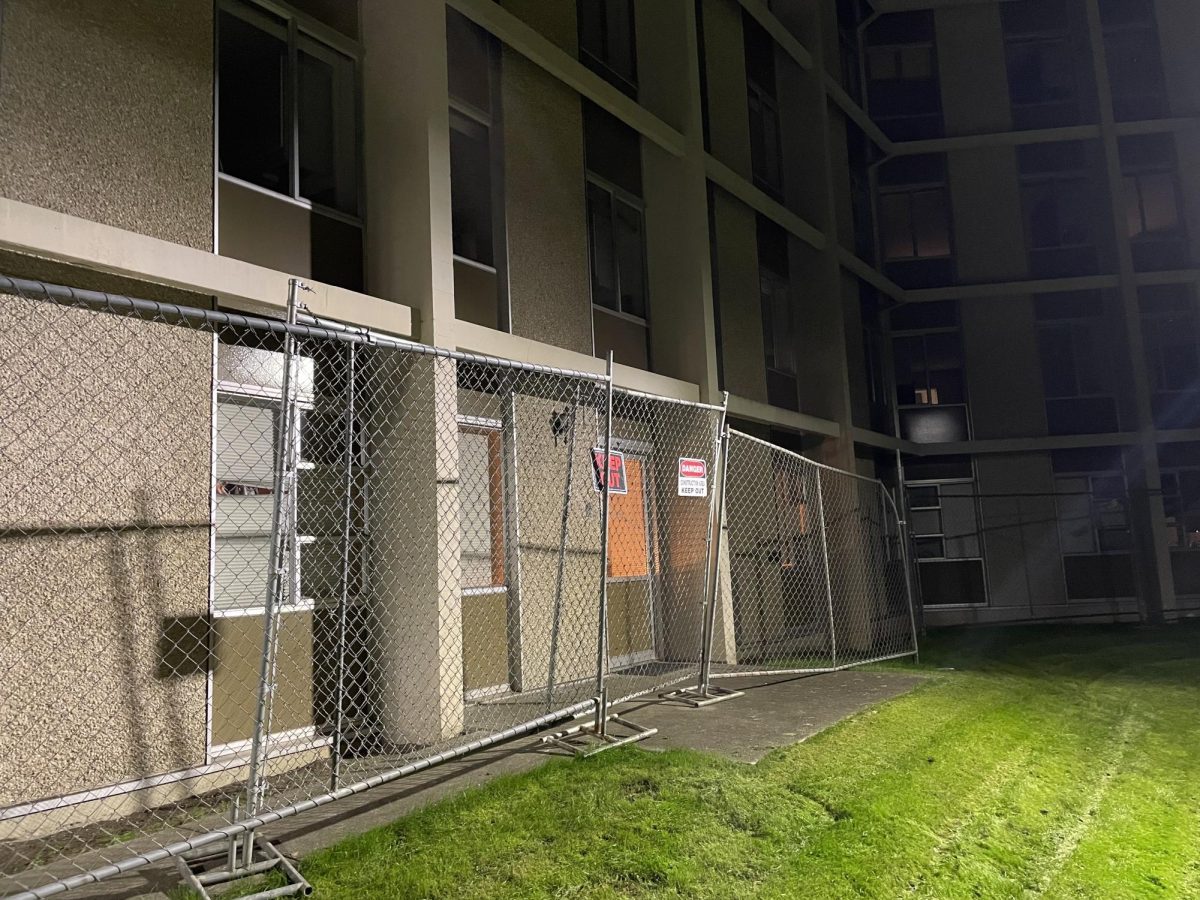









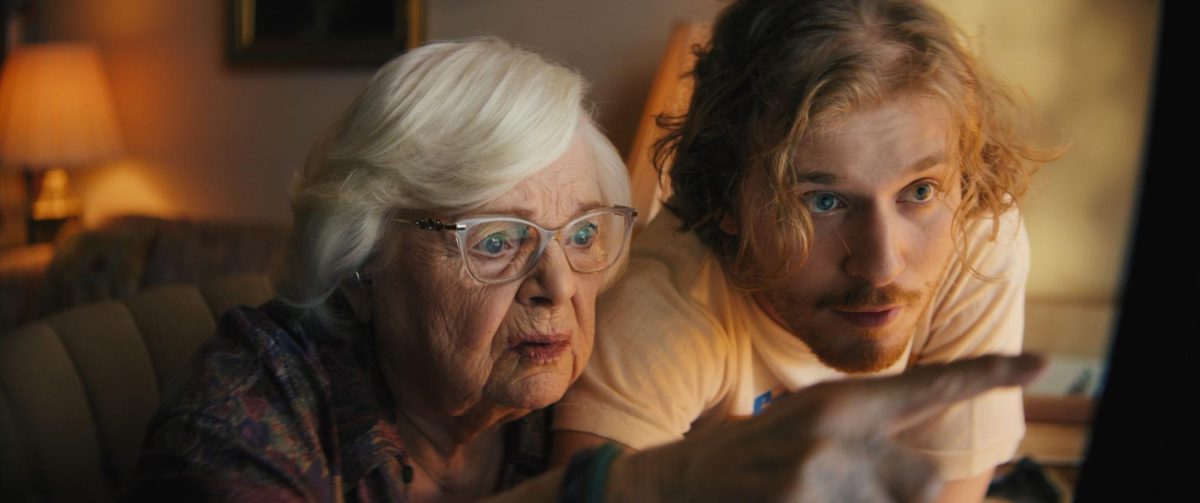
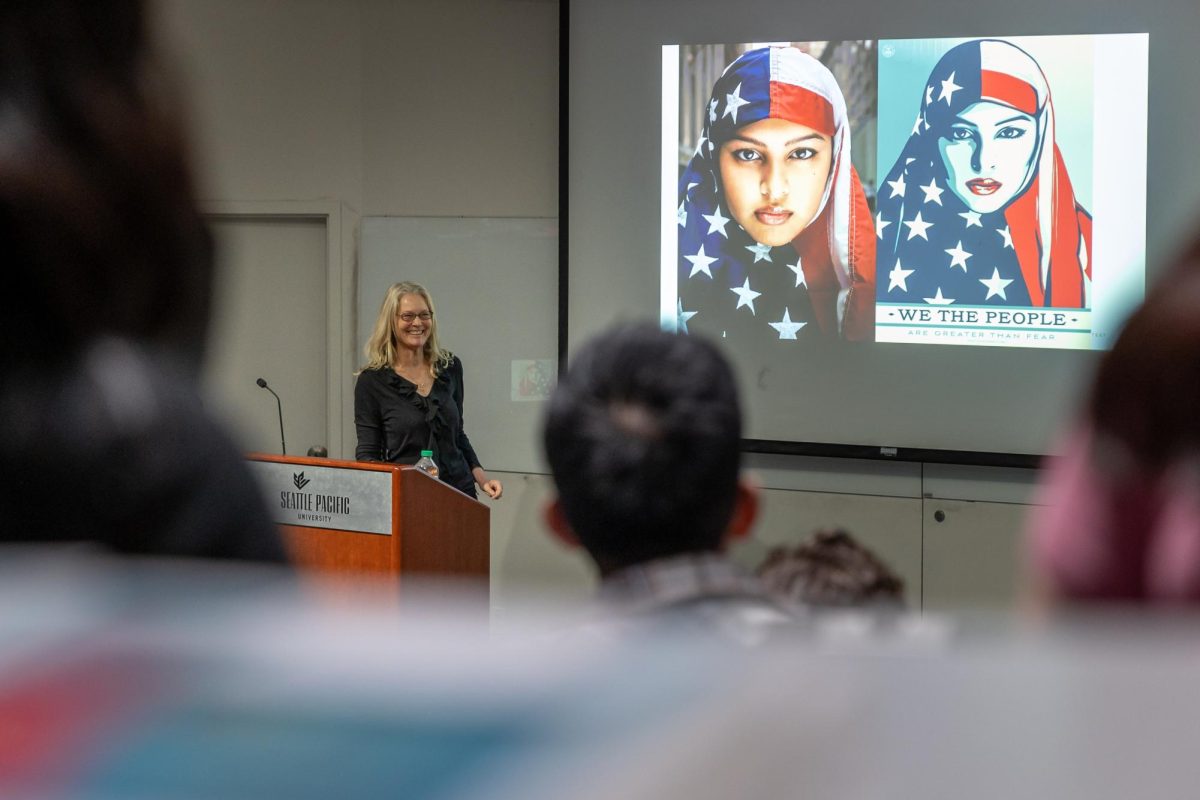


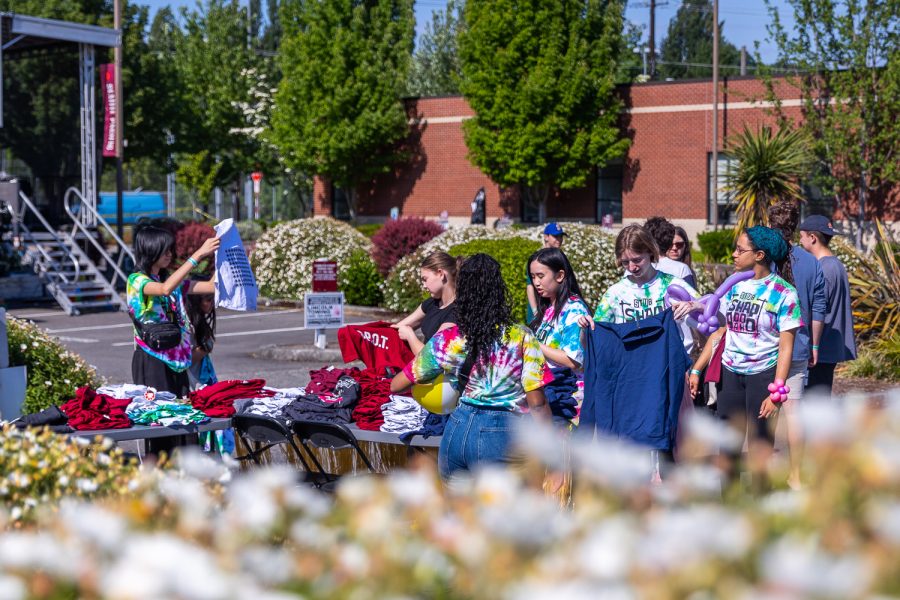
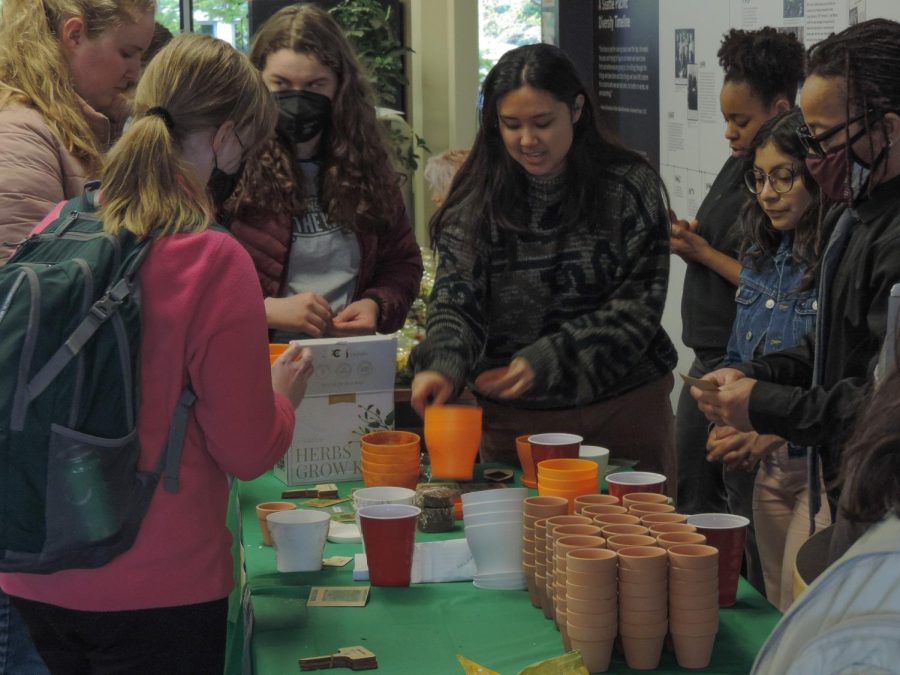

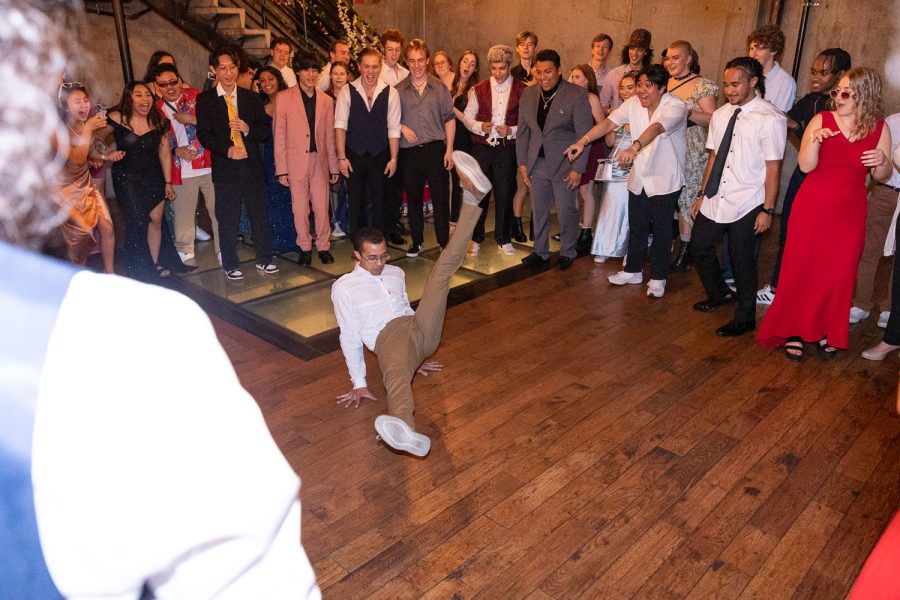











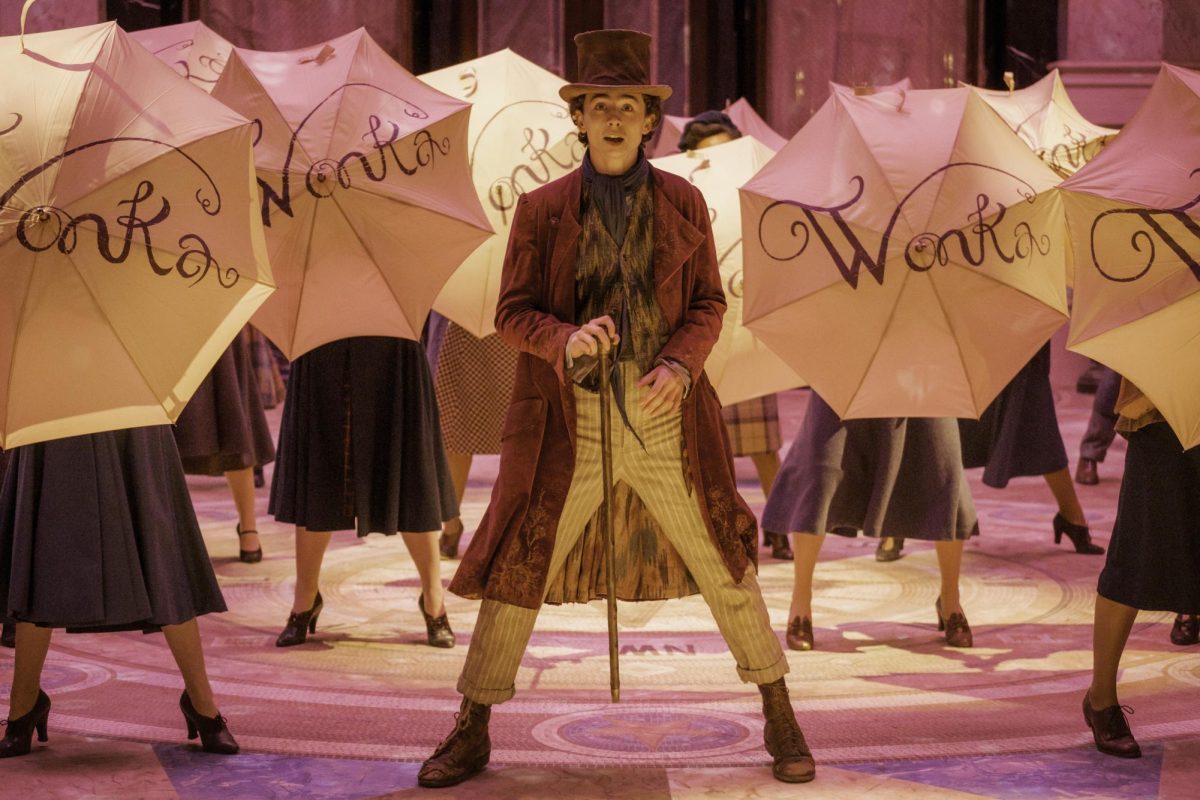




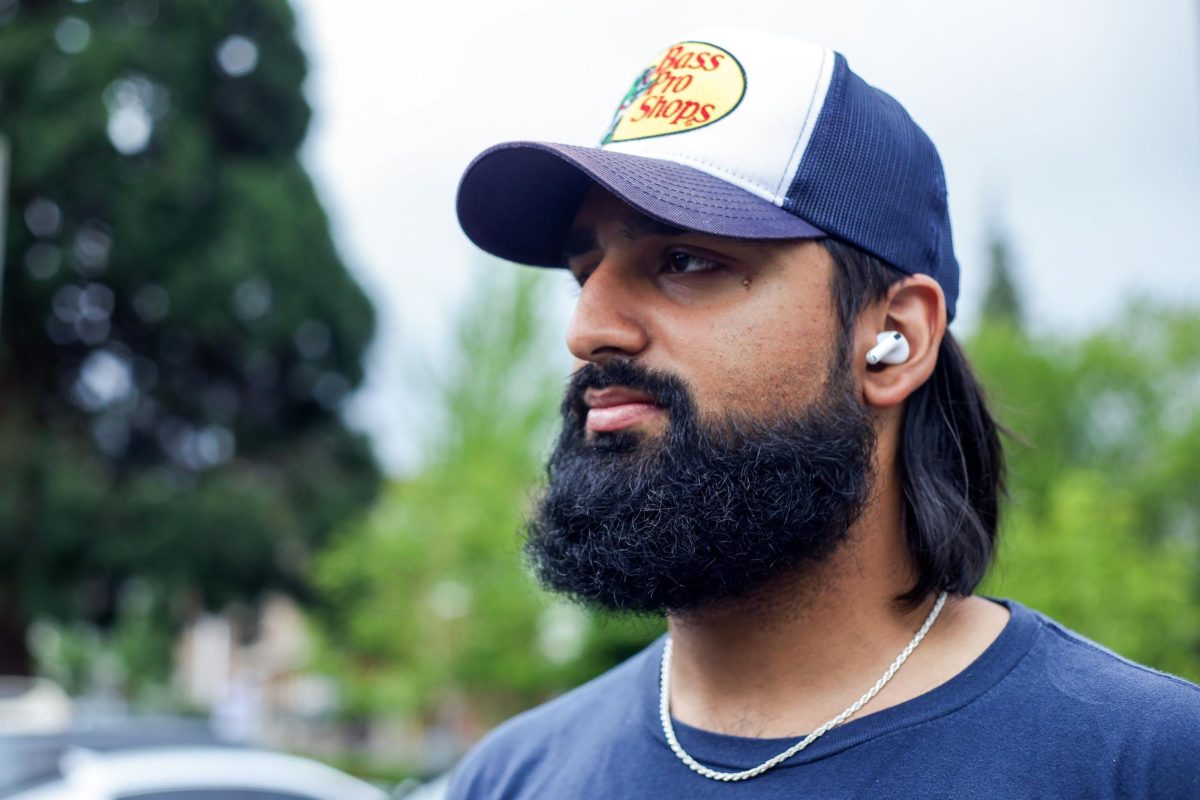
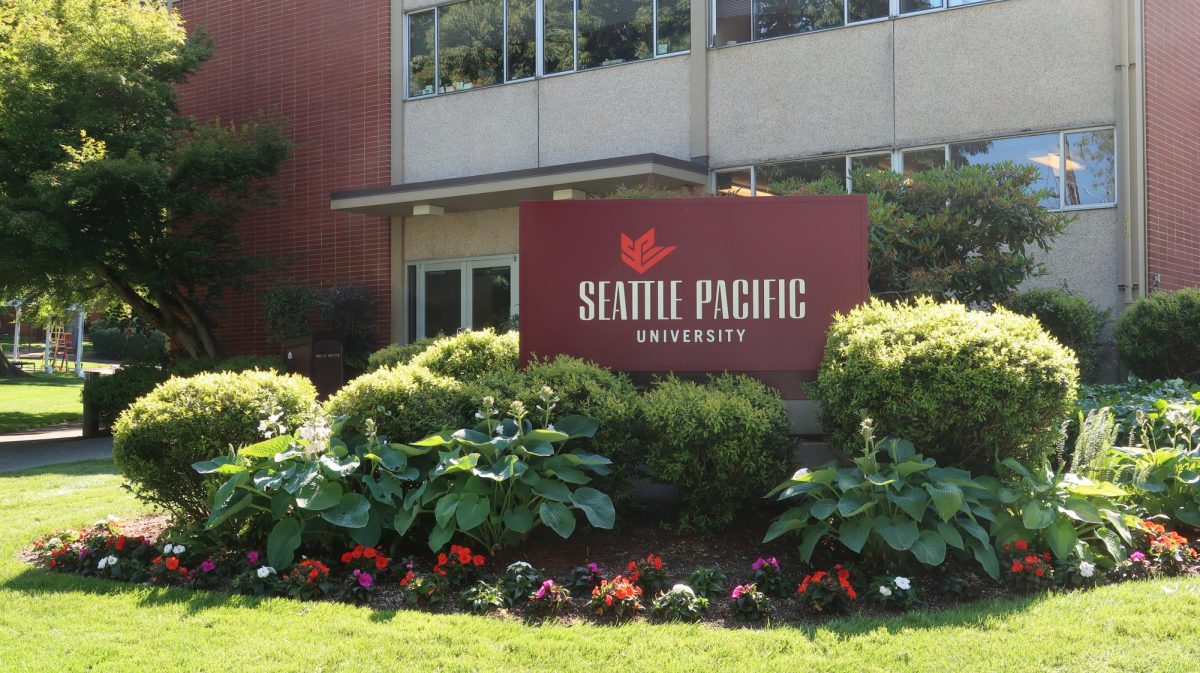
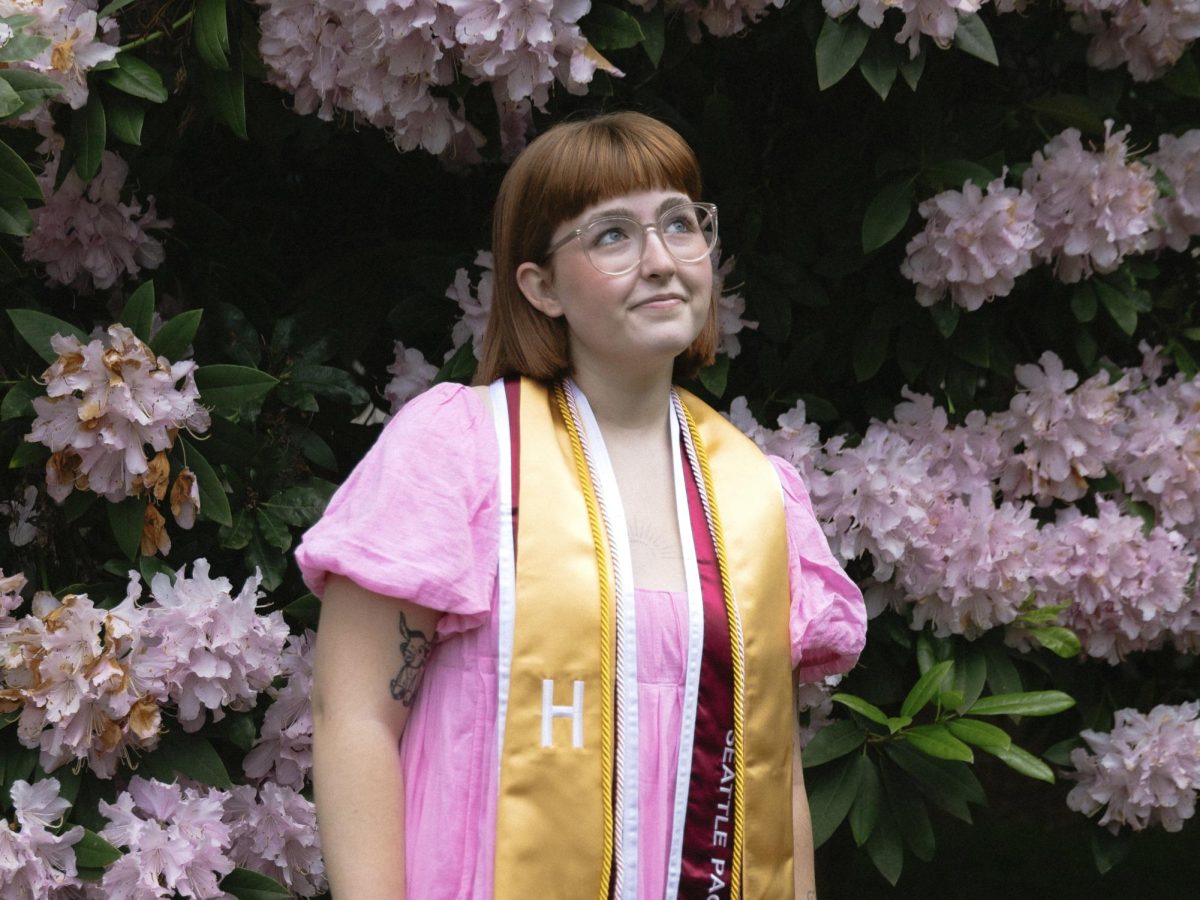

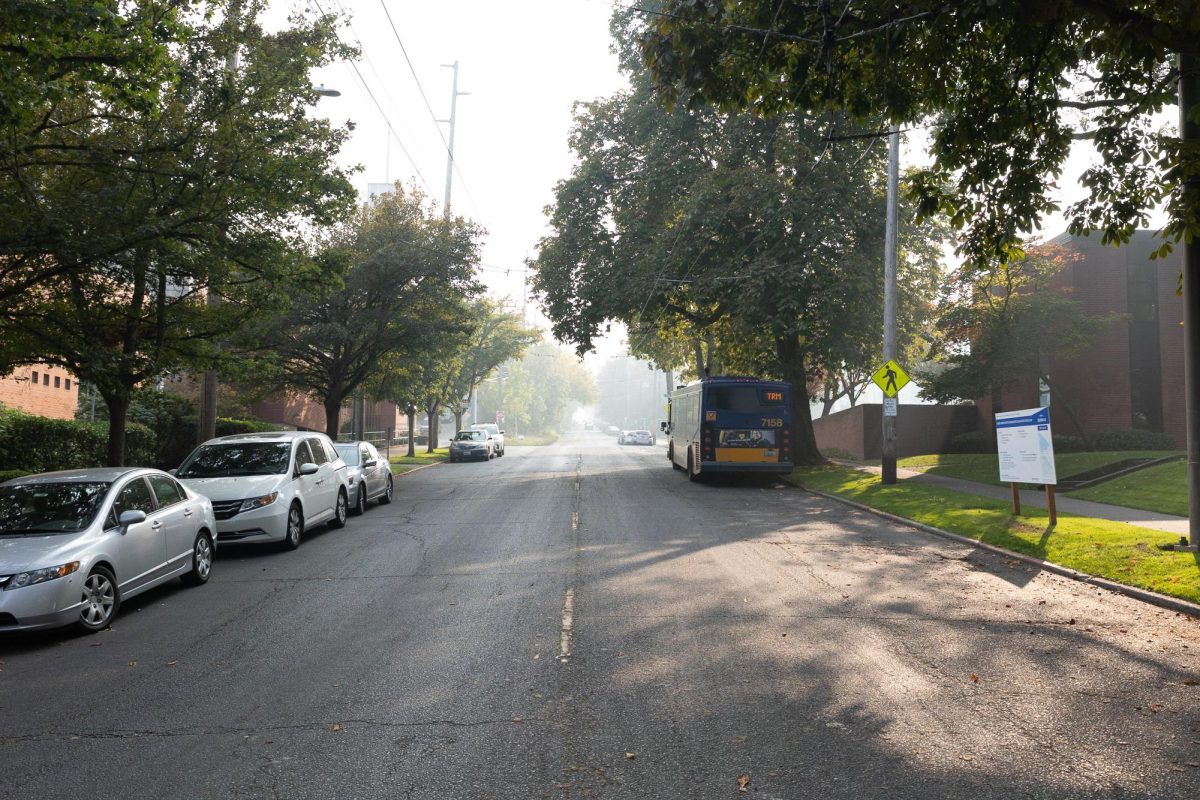
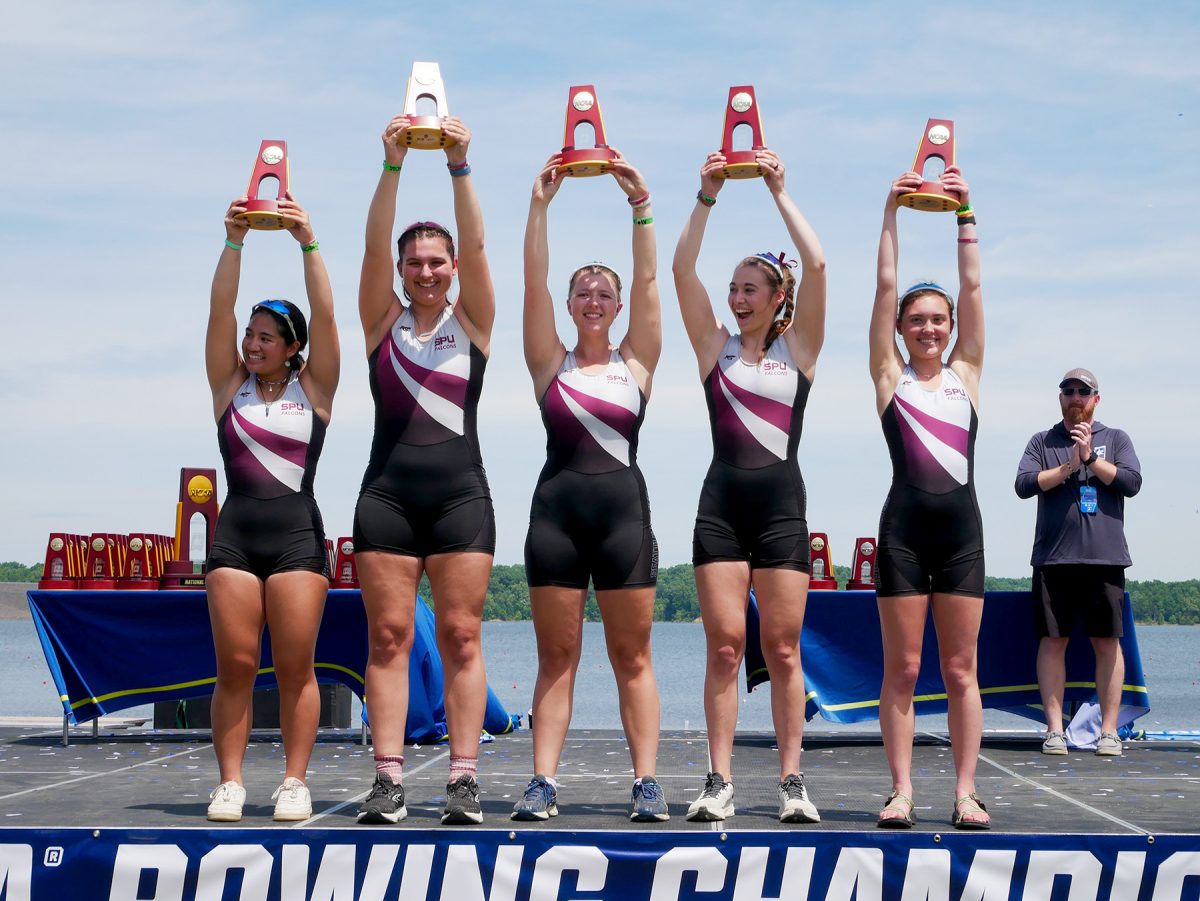


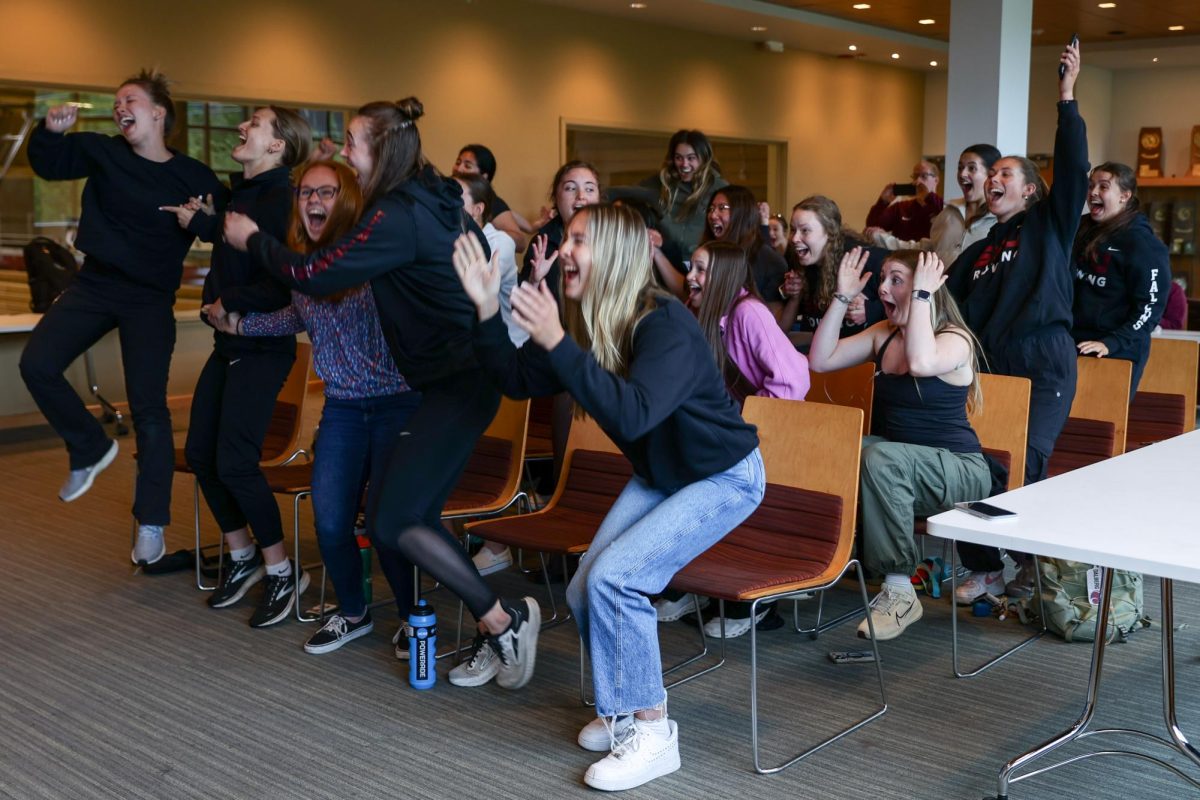
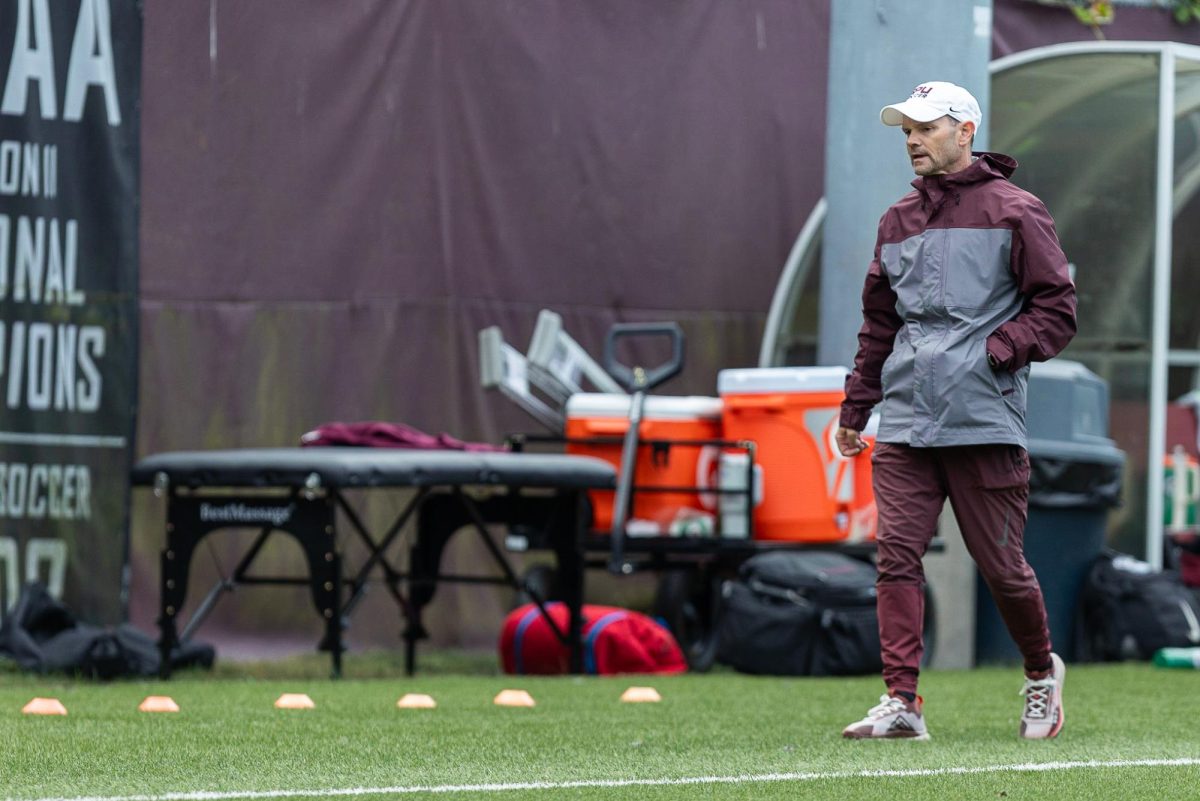
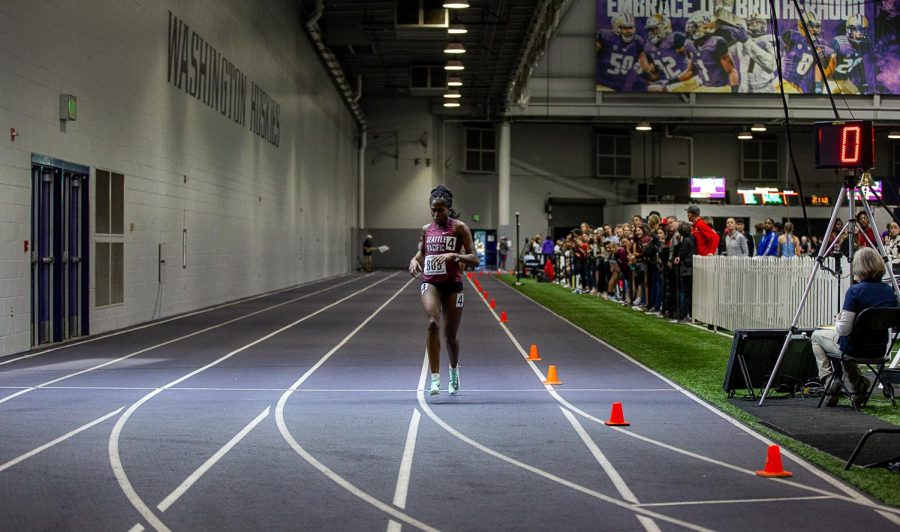

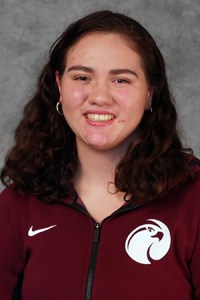


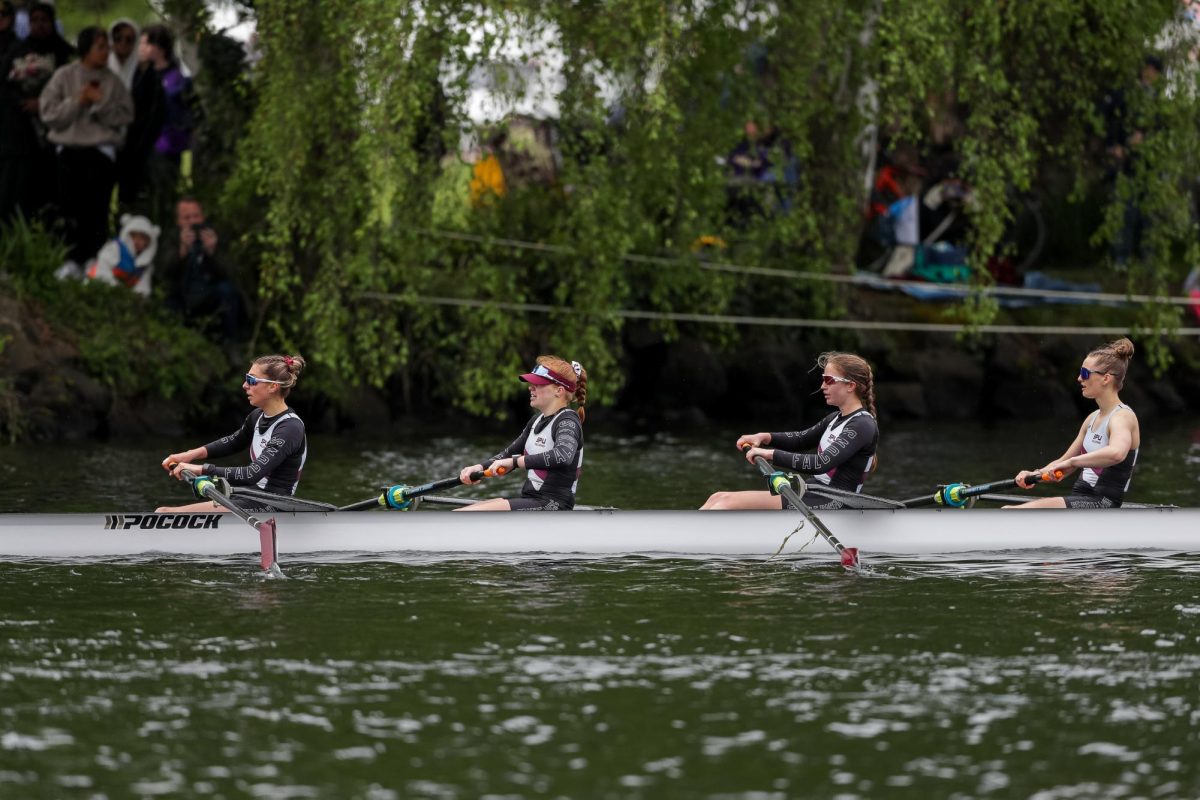
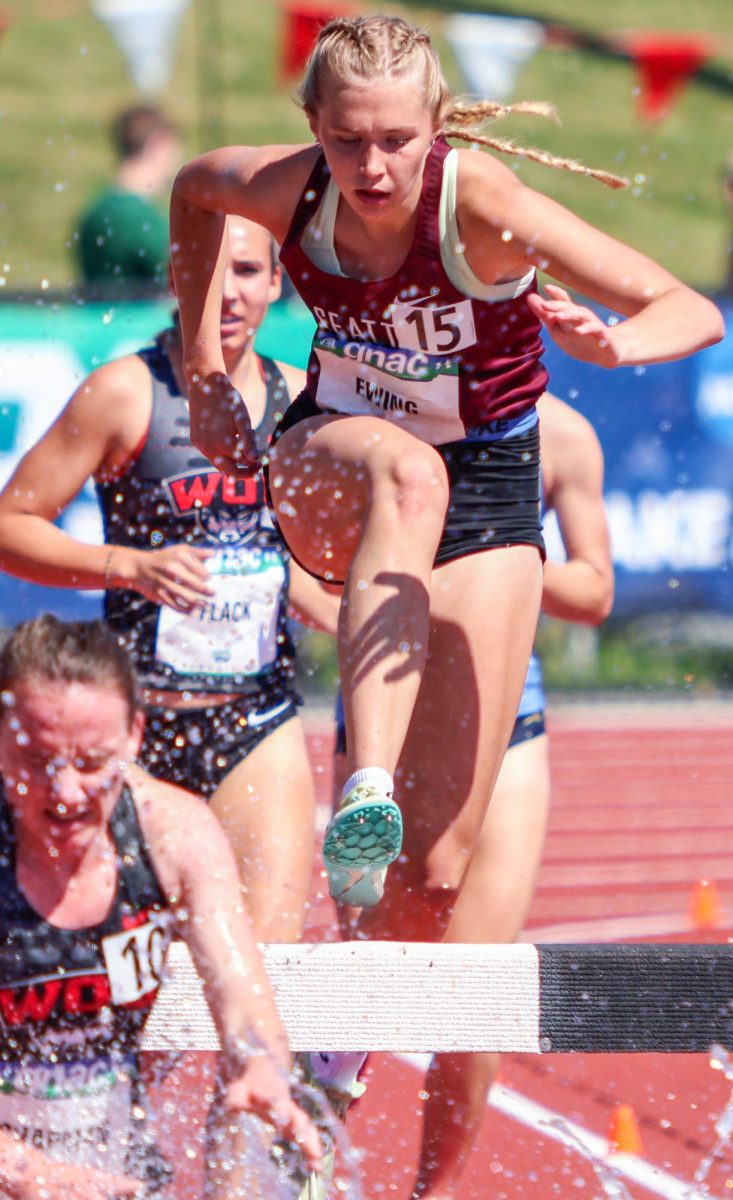
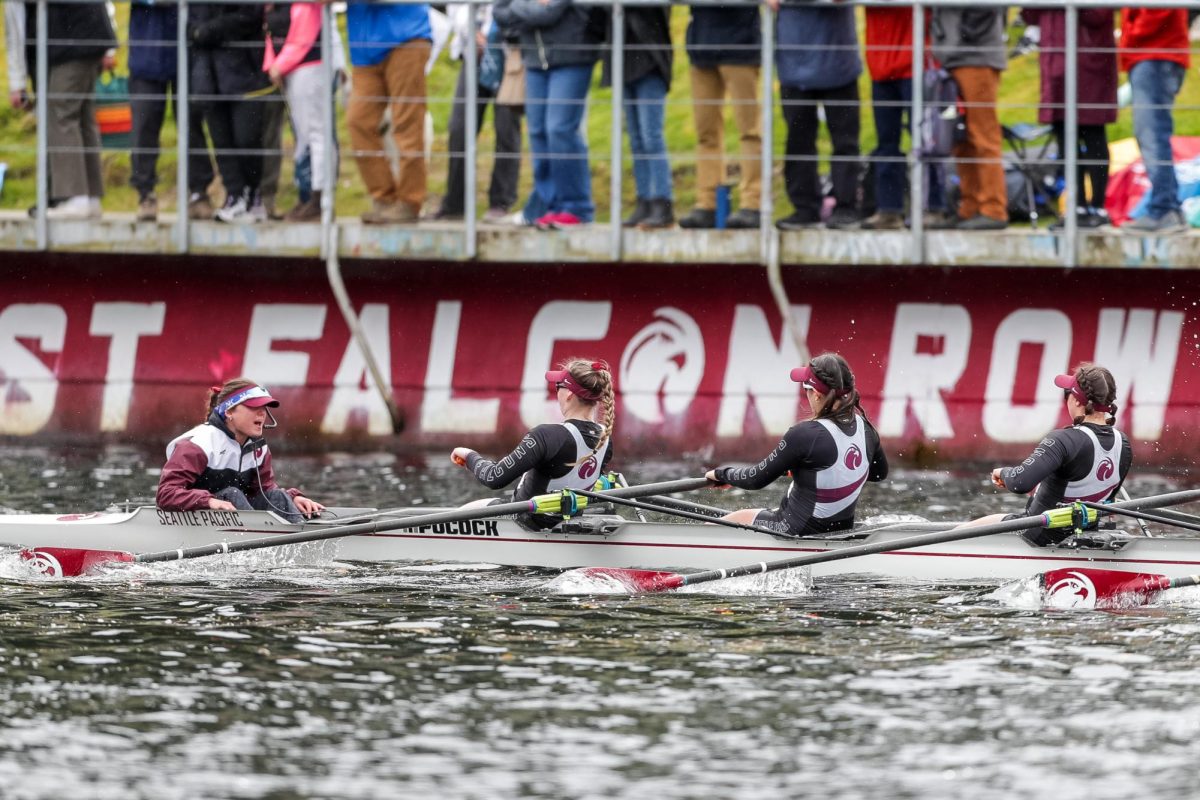
























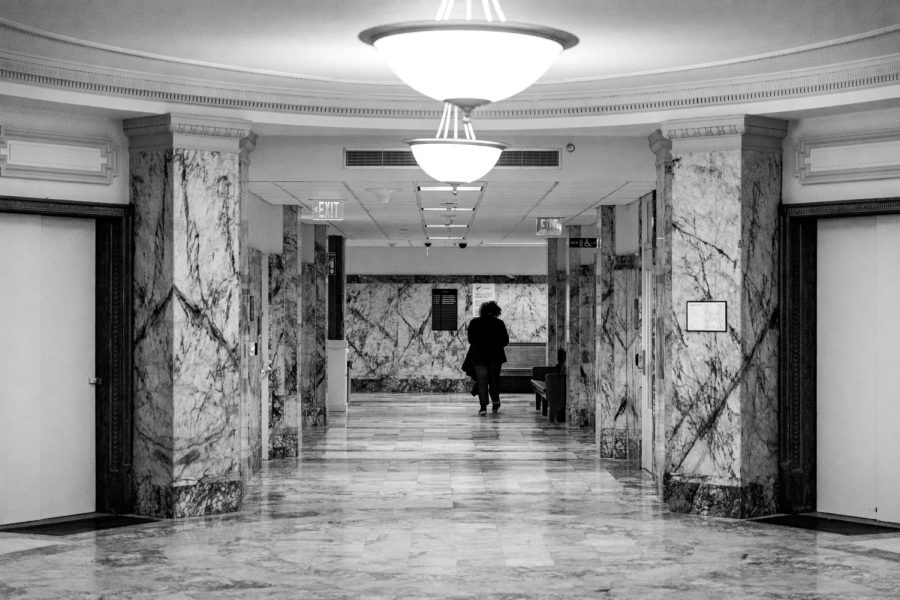
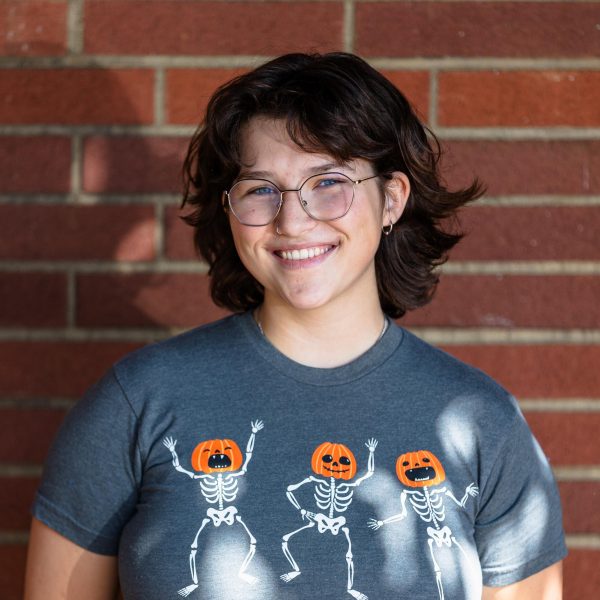
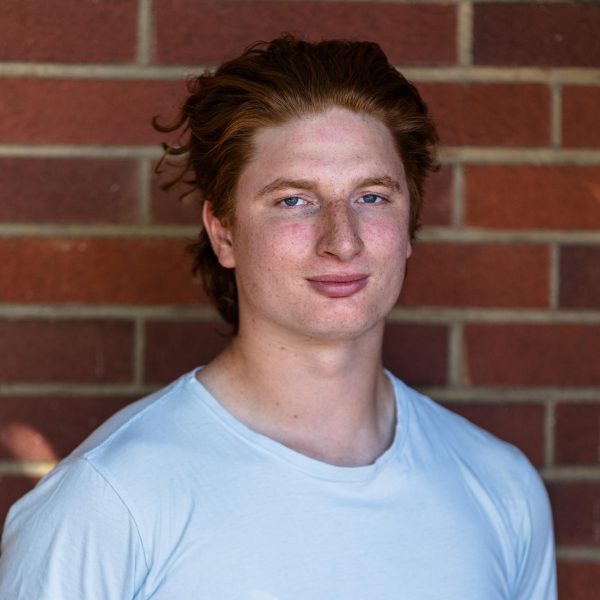

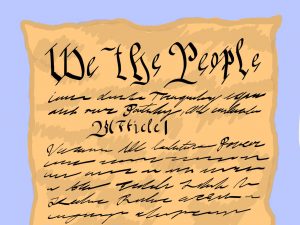
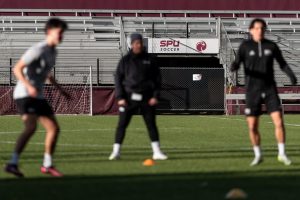

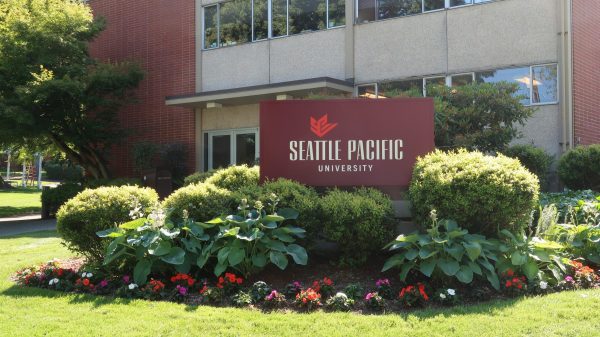
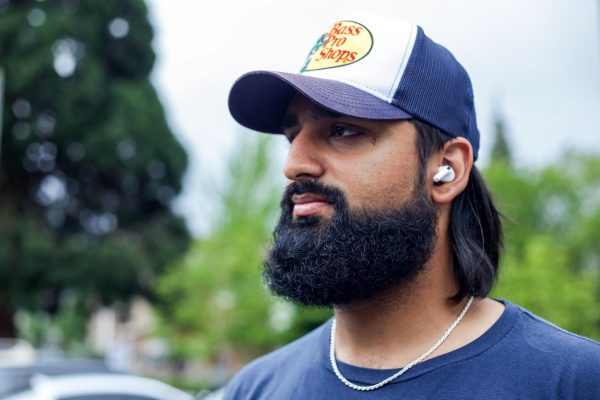
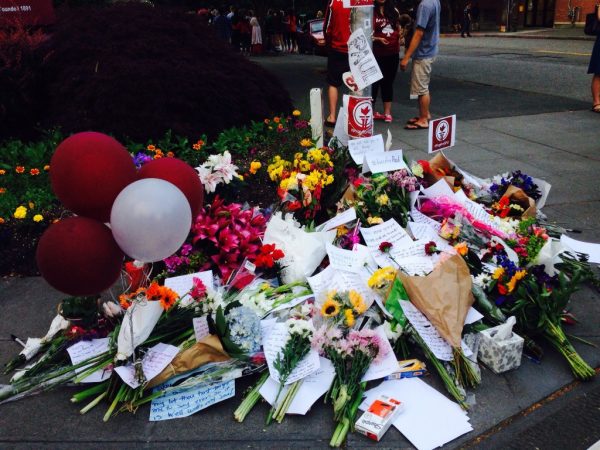
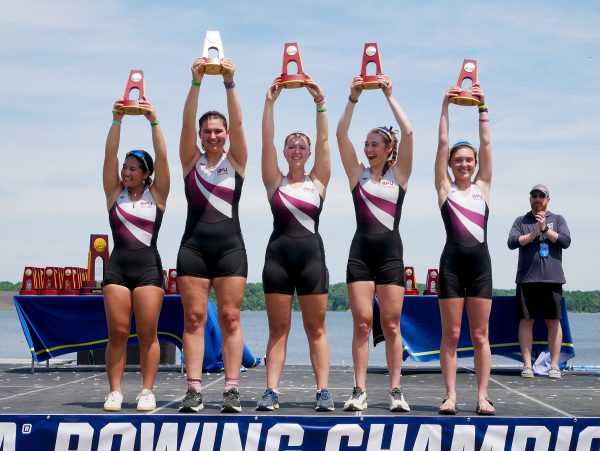
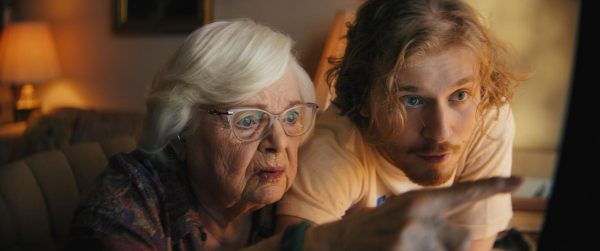
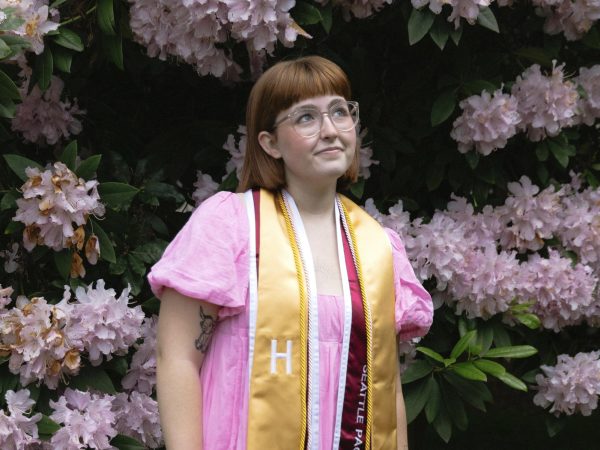
![Queer joy at SPU’s [Redacted] Fest](https://thefalcon.seapacmedia.com/wp-content/uploads/2024/05/04_14_23_9999_1-600x400.jpg)
